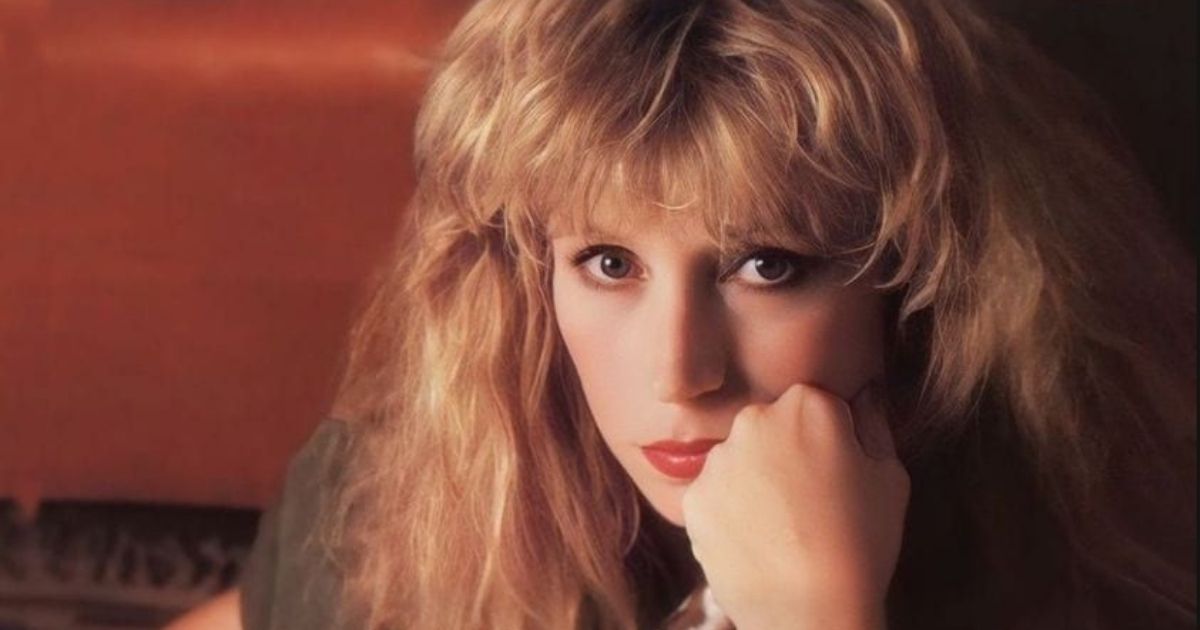About the song
“Queen of Hearts,” performed by Juice Newton, is one of the defining pop-country hits of the early 1980s, a song that not only catapulted Newton to international stardom but also helped to blur the lines between country and pop music. Released in 1981 as part of her breakthrough album Juice, the song became an anthem of independence, romantic daring, and playful energy. With its catchy rhythm, clever lyrics, and Newton’s distinctive voice that combines sweetness with grit, “Queen of Hearts” remains one of the most memorable crossover hits of its era.
The song was written by Hank DeVito, a respected guitarist and songwriter who had previously worked with Emmylou Harris’s Hot Band. Though originally recorded by Dave Edmunds in 1979, it was Juice Newton’s version that achieved massive commercial success. Her recording reached No. 2 on the Billboard Hot 100, No. 14 on the Billboard Country Chart, and topped charts in Canada, Australia, and several European countries. The single also earned Newton a Grammy nomination for Best Female Vocalist (Pop) in 1982. Its popularity not only established Newton as one of the leading female artists of the early 1980s but also showcased her ability to combine country roots with pop appeal in a way that was fresh, stylish, and distinctly her own.
Musically, “Queen of Hearts” is a country-pop rockabilly hybrid, characterized by its upbeat tempo, rhythmic guitar strumming, and twangy yet polished production. The song features a driving beat that evokes the spirit of classic rock and roll while maintaining the storytelling essence of country music. Producer Richard Landis crafted a sound that balanced Nashville’s clean production with pop radio sensibilities. The use of electric guitar riffs, bright percussion, and background harmonies gives the track its lively, infectious quality. The result is a song that feels both playful and empowering — danceable yet emotionally charged.
Juice Newton’s vocal performance is at the heart of what makes “Queen of Hearts” so enduring. Her voice is confident, expressive, and slightly raspy, embodying both strength and vulnerability. She sings with a tone that is flirtatious yet sincere, perfectly suited to the song’s theme of taking risks in love. Newton’s phrasing is sharp and rhythmically precise, allowing her to ride the quick tempo with ease while injecting genuine emotion into every line. Her delivery captures the essence of a woman who is bold enough to play the “game of hearts” but wise enough to know the consequences of losing.
Lyrically, “Queen of Hearts” uses the metaphor of a card game to describe the uncertainties and gambles of romantic relationships. Lines such as “Playing with the queen of hearts, knowing it ain’t really smart / The joker ain’t the only fool who’ll do anything for you” convey both the thrill and danger of love. The narrator knows that falling for someone unreliable can lead to heartbreak, yet she cannot resist the temptation. The recurring image of the “queen of hearts” — a card associated with beauty, power, and emotional intensity — symbolizes the lover who holds control over the game. The lyrics are witty, relatable, and full of rhythm, making them easy for listeners to sing along while connecting to the deeper emotional message.
Thematically, the song blends empowerment with vulnerability. Unlike traditional love ballads where the singer may appear helpless or heartbroken, the narrator in “Queen of Hearts” accepts the risks of love as part of the experience. There is a tone of self-awareness and courage; she plays the game with open eyes. This mixture of realism and romantic daring gives the song its timeless appeal. In this sense, “Queen of Hearts” can be seen as a representation of the changing attitudes toward women in the 1980s — a period when female artists increasingly portrayed independence and agency in both love and life.
From a broader musical perspective, “Queen of Hearts” was significant because it helped usher in the country-pop crossover era that dominated much of the 1980s. Alongside artists like Dolly Parton, Kenny Rogers, and Eddie Rabbitt, Juice Newton brought country music into mainstream pop charts, reaching audiences who might not have otherwise listened to the genre. Her success with “Queen of Hearts” demonstrated that country could be modern, energetic, and glamorous — without losing its storytelling essence. The song’s sound, filled with bright melodies and lively instrumentation, became a model for future country-pop productions.
Critically, “Queen of Hearts” was praised for its tight arrangement, catchy hook, and Newton’s charismatic performance. Reviewers noted that while the song had rockabilly influences, it felt refreshingly contemporary. It became one of those rare hits that appealed equally to pop and country audiences, as well as to international listeners. The song’s music video, which received heavy rotation on early MTV, further enhanced its popularity, presenting Juice Newton as a stylish, confident performer at a time when female representation in pop-country was still limited.
Over the years, “Queen of Hearts” has maintained its place as a beloved classic. It continues to appear in film soundtracks, nostalgic playlists, and radio stations dedicated to 1980s hits. Its infectious melody and universal theme of love’s risks and rewards make it timeless. The song also represents an important moment in Juice Newton’s career — the point at which she transitioned from being a promising country artist to an international pop icon.
In conclusion, Juice Newton’s “Queen of Hearts” is more than just a catchy pop-country hit; it is a musical statement about love, risk, and individuality. Its clever lyrics, energetic rhythm, and unforgettable melody capture the excitement and uncertainty of romance, while Newton’s spirited performance adds depth and authenticity. The song remains a shining example of the early 1980s crossover movement, celebrating both country storytelling and pop accessibility. Decades later, “Queen of Hearts” still resonates as a joyful, empowering anthem — a timeless reminder that love, like a card game, is always worth the gamble.
